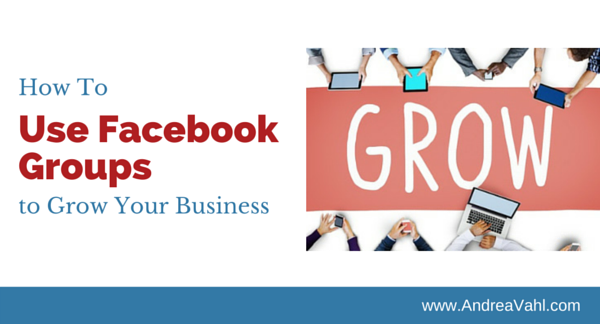
Do you want to connect to targeted groups of people?
Would you like to be more visible on Facebook?
Facebook groups give you an opportunity to network with your industry peers as well as potential customers.
In this article you’ll discover how to find the right groups to join, and how best to use them for your business.
Why Join Facebook Groups?
One of the biggest reasons to join Facebook groups is the visibility and networking they offer. On any given day that I look in my news feed, I see many posts from groups that I’m active in, but fewer from pages that I like.
Groups are also more visible because people who belong to the group get notifications about new posts, which tends to keep the discussions going. (However, people can turn these notifications off if they want to.)
One of the downsides of Facebook groups for some business owners is that you have to join as your personal Facebook profile—your page cannot join a group. So if you don’t want to use your profile, then Facebook groups may not be for you.
I’m a big fan of using your profile to connect with others on Facebook, just like you would show up personally to a networking event.
Before You Join a Group
You can join up to 6,000 Facebook groups, but I suggest focusing on 10-20 where you know you’ll be active regularly. If that’s too many for you, focus on a few that will have the highest impact for you.
Before you join a group, make sure it’s a good fit. Measure it against a few key criteria: active members, good description and low spam.
If it’s a closed group, you won’t be able to see the activity until you join, so it will be hard to tell if the membership is active. If you join and find the group isn’t for you, don’t feel bad if you leave right away.
When you’re looking at a new group, read the About section to see the mission of the group. This will give you a feel for whether it’s right for you. You may also find that the group restricts membership based on certain qualifications.
No group is going to be a valuable place to participate if it’s just a bunch of sales messages with no-one contributing conversation. Many groups have rules about what you can and can’t post. Some allow a little bit of promotion, but with qualifications—such as only promoting on certain days or within certain threads.
Find Facebook Groups
If you’re looking for a Facebook group to join, you can take Facebook’s suggestions or you can search with Facebook’s Graph Search.
Watch this short video we created on two ways you can search for Facebook groups:
The results page also lets you browse groups by Friends’ Groups, Local Groups and New Groups. Or you can revisit the list of groups to which you already belong and decide in which ones to start being more active.
One of the best ways to find groups is to search for target keywords via Facebook Graph Search.
To use Graph Search, type your keyword in the search box, and then click See More Results at the bottom of the initial search results.
The default view shows posts. To find groups, select More > Groups from the toolbar. Now you’ll see groups that have your keyword.
Look through the results to see which groups will be the best fit for you, and then jump in and join the conversation.
Leverage Facebook Groups
You can leverage groups in several ways. If you’re up for creating your own group,consider creating one for VIP customers or for a product. And of course you cancreate a specific networking group.
If you decide you want to start and lead a group, just be aware that moderating requires a lot of work. You’ll have to post regularly, manage other people’s posts and otherwise keep the group active. Keep an eye out for spam and make sure people are getting along.
To keep in touch with your Facebook fans, you can find out which groups they’ve joined, then meet them there. To do that, return to Facebook Graph Search and search the phrase, “Groups joined by people who like (your page name),” and once again filter by groups.
There are a couple of advantages to joining the same groups as your fans. First, you have the opportunity to connect with them in a different forum. And, as I mentioned earlier, many group members see the group discussion posts more than they see page posts.
Second, if your fan(s) are in a group, it’s likely the other people in that group are interested in the same things (e.g., your product or service). You have the opportunity to connect with potential fans and leads.
Participate regularly in 1-5 targeted Facebook groups (you can adjust the number based on your own capacity). No matter what, I suggest posting or commenting at least once or twice a week.
Tip: Download the Facebook groups app on your phone so you can easily browse your groups when you’re out and about.
The small numbers on the group icons indicate new conversations in that group.
Final Thoughts
When you participate in groups regularly, you never know where your connections may lead. You can form strategic partnerships, get referrals or land new customers. By choosing your groups carefully, you’ll increase your chances for success.
What about you? What has your experience been with Facebook groups? Have they led to more business? Share your thoughts in the comments below.
This post originally appeared on Social Media Examiner and is reprinted with permission.

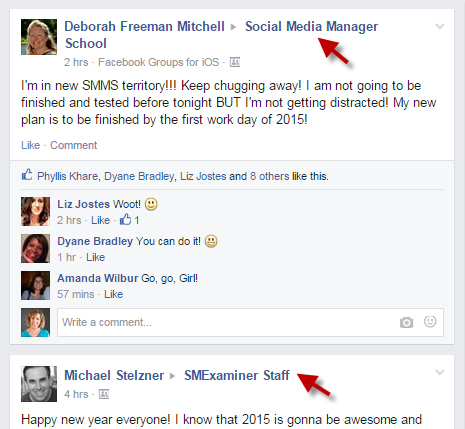
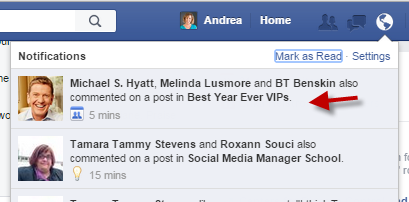
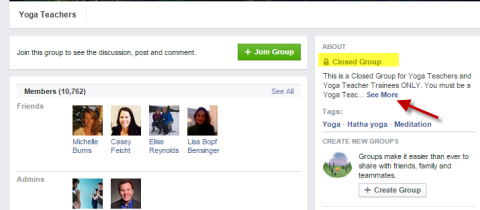
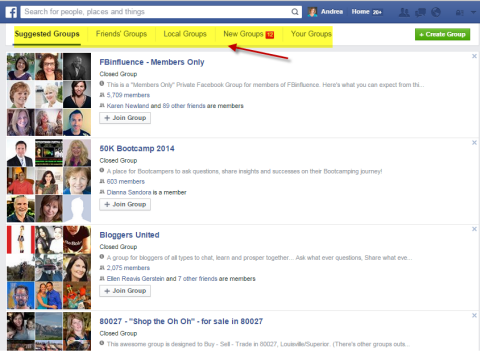
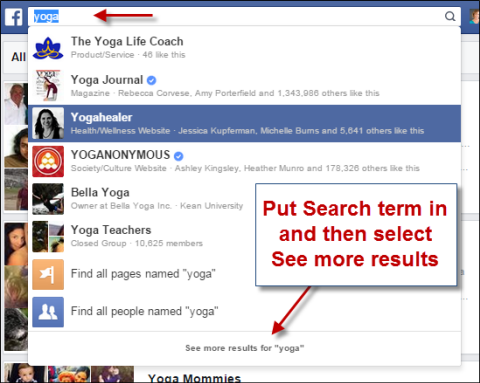
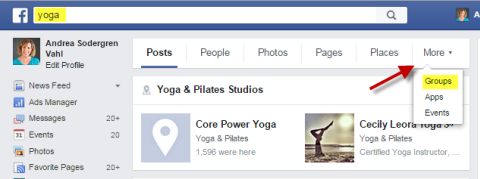
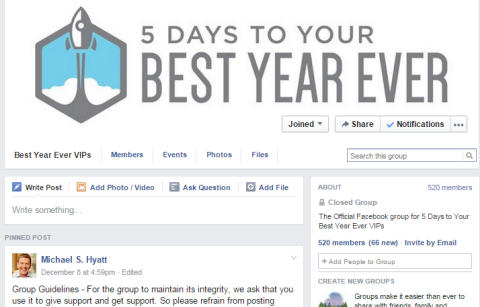
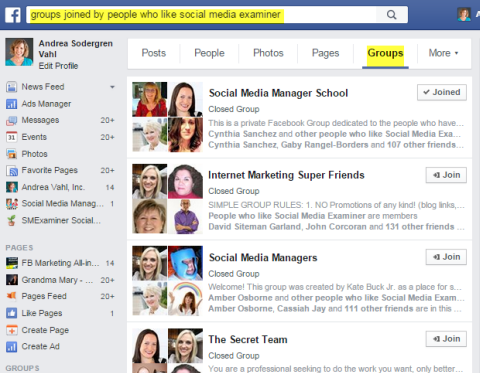
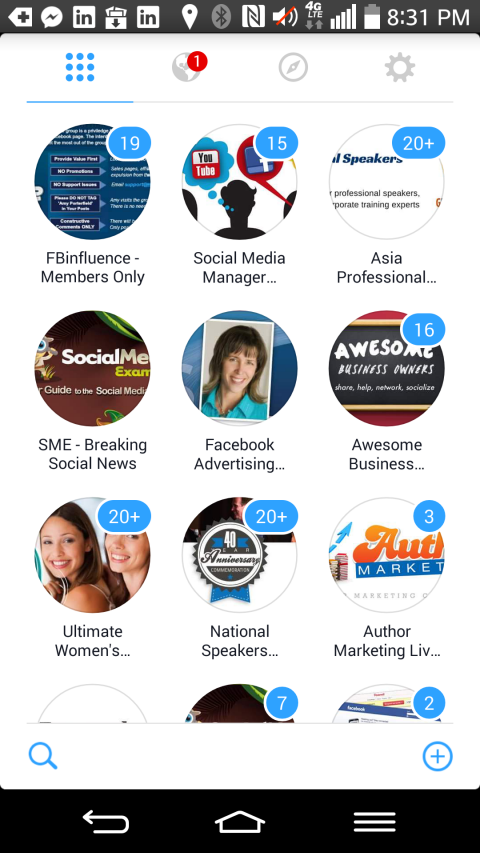
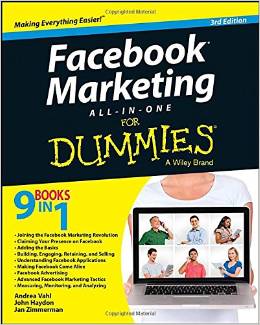
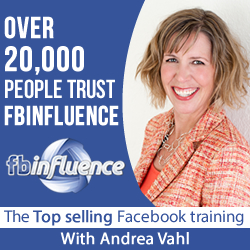

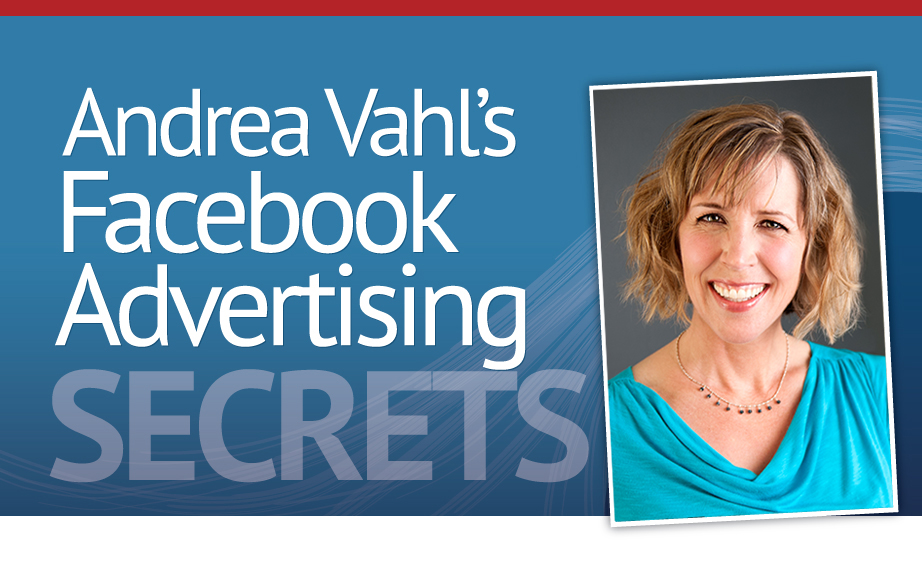
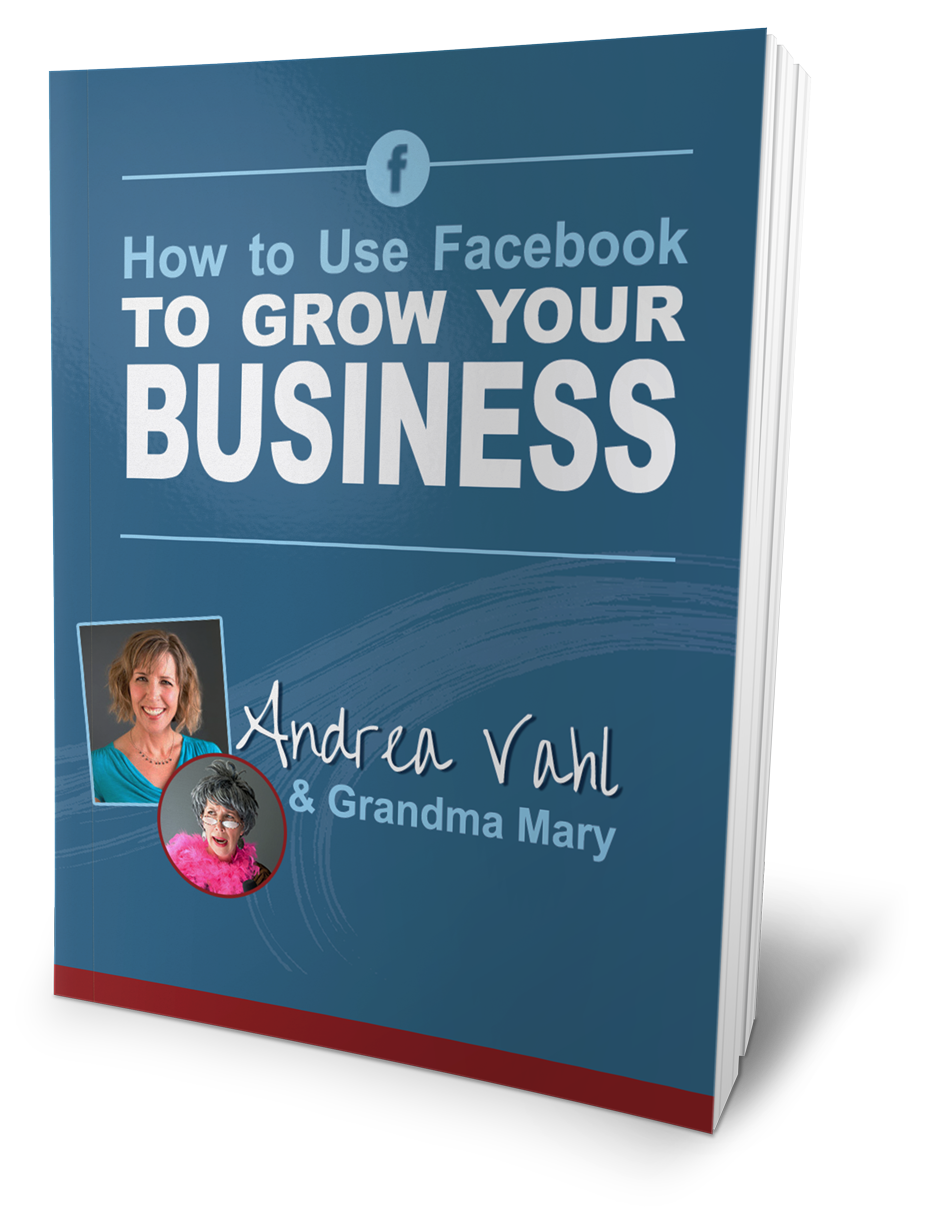




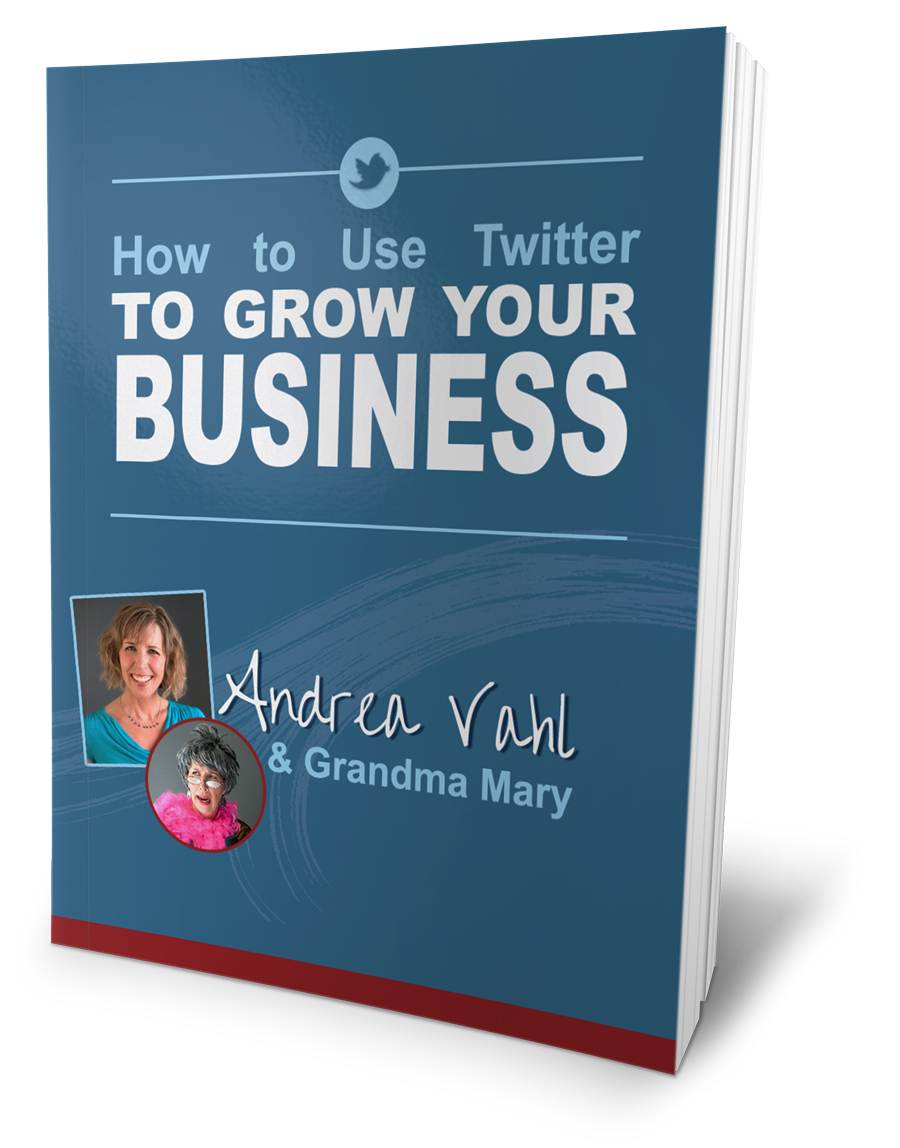












Groups are very powerful for networking and for connecting with potential clients and even staying connected with customers and clients. I second your suggestion about using the groups app because it can save a ton of time and prevent being sucked into the facebook black hole 🙂
I love having my own group but if you are going to start a group know it will take a lot of time..
Great post!
I have been using FB groups for a while now for business. What I have found is that most of the groups’ members are non-responsive. The don’t respond to and very few will make comments. They tend to post offers and opportunities right around the clock without any interaction or engagement.
Thanks for the post.
Very true Vinton! You get much better results if you respond!